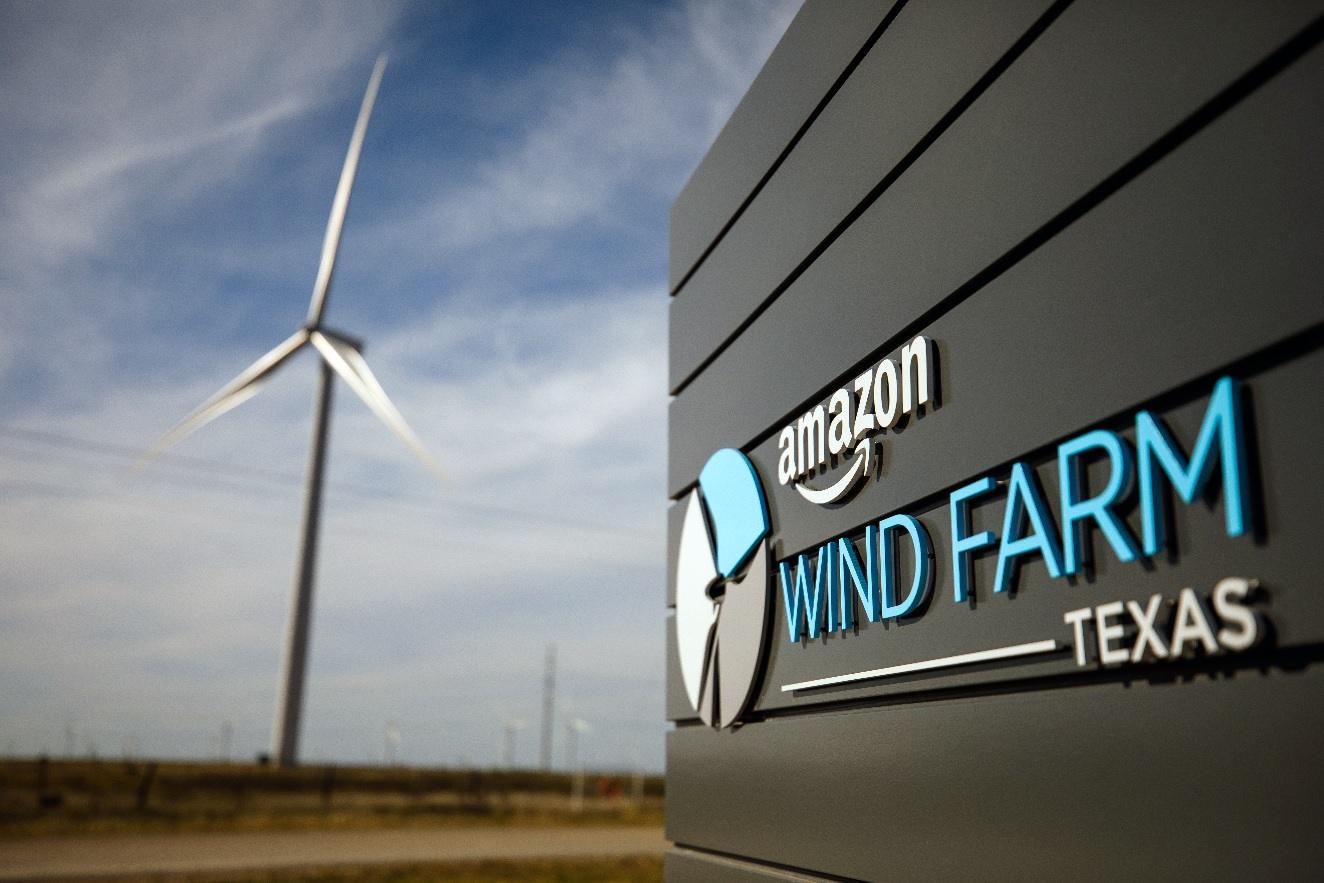bp Invests in Biofuel Startup WasteFuel to Produce Clean Transport Fuels
Energy giant bp announced today an expansion of its investment in biofuels startup WasteFuel with a new $10 million commitment, alongside an agreement to collaborate with the company on improving bio-methanol production yields & economics, with a particular focus on decarbonizing the maritime shipping sector.
Founded by Trevor Neilson and Alejandro Estrada, California-base WasteFuel utilizes scalable technologies to convert municipal and agricultural waste into low carbon fuels, including green methanol. The company’s solutions include the WasteFuel Methanol Module, which produces fuel grade methanol from waste sources including landfill gas and biogas using anaerobic digestion, which the company says will achieve up to 90% CO2 reductions compared to conventional fuels when utilized at commercial scale.
Trevor Neilson, Co-founder, Chairman and CEO of WasteFuel said:
“This investment from bp ventures is a significant milestone for WasteFuel as it will help scale the production of bio-methanol to decarbonize the shipping sector. As companies who are reliant on shipping work to reduce their greenhouse gas emissions, it is essential that we dramatically expand the availability of these fuels.”
According to WasteFuel, the investment will be used to expand its network of low-carbon bio-methanol facilities, starting with a new facility in Dubai, with the aim of providing sustainable bio-methanol to leading global transportation companies.
The collaboration also includes a memorandum of understanding for bp to offtake WasteFuel’s bio-methanol and collaboration (using bp’s proprietary technology) to work on optimizing and enhancing the production of WasteFuel’s low-carbon bio-methanol.
With maritime transport responsible for 90% of global trade and 3% of greenhouse gas emissions, major shipping companies are converting to bio-methanol-ready ships, and utilizing bio-methanol can cut maritime emissions by a substantial amount in the coming years. Global shipping company Maersk, for example, recently announced a series of orders for ships capable of running on low-carbon methanol
The International Maritime Organization’s (IMO) Marine Environment Protection Committee (MEPC) is expected to finalize net-zero emission targets for the shipping sector, with a likely goal of achieving net-zero by 2050.
Gareth Burns, VP, bp ventures, said:
“WasteFuel projects will look to help with the growing volumes of global waste, whilst advancing the development of lower carbon solutions for hard-to-abate sectors. Achieving decarbonization in shipping will require a step-change, and biofuels have a key role to play in helping the industry to decarbonize. We look forward to working together on WasteFuel’s next stage of growth and market development.”
Philipp Schoelzel, VP of next generation biofuels, bp, added:
“Working with WasteFuel allows bp to offtake bio-methanol and help optimize production which could support decarbonizing shipping. bp is in action to produce more biofuels, aiming to deliver around 100,000 barrels per day by 2030, to help decarbonize transport. Investments like this are important as we strive to reach net zero and help our customers decarbonize too.”





